We often think of Mary, Jesus’ mother, as the beautiful young woman who the angel visited to share of the coming of Christ. And that the Messiah would come into the world through her. We know Mary sang out in praise to God, but that wasn’t the end of her story. Read more about Mary’s story from the Life Application Study Bible

Profile Note from the Life Application Study Bible Third Edition
Motherhood is a painful privilege. Young Mary of Nazareth had the unique privilege of being mother to the very Son of God. Yet most of the pains and pleasures Mary experienced in motherhood can be understood by mothers everywhere. Mary was the only human present at Jesus’ birth who also witnessed his death. She saw him arrive as her baby son, and she watched him die as her Savior.

Until Gabriel’s unexpected visit, Mary’s life was quite satisfactory. She had recently become engaged to a carpenter, Joseph, and was anticipating married life. But her life was about to change forever.
Angels don’t make appointments before visiting. Feeling as if she were being congratulated for winning the grand prize in a contest she had never entered, Mary found the angel’s greeting puzzling and his presence frightening. What she heard next was the news almost every woman in Israel hoped to hear—that her child would be the Messiah, God’s promised Savior. Mary did not doubt the message; instead, she asked how pregnancy would be possible. Gabriel told her the baby would be God’s Son. Her answer was the one God waits in vain to hear from so many people: “I am the Lord’s servant. May everything you have said about me come true” (Luke 1:38). Her later song of joy shows us how well she knew God, for her thoughts were filled with his words from the Old Testament.

When Jesus was eight days old, Mary and Joseph took him to the Temple to be dedicated to God. There they were met by two devout people, Simeon and Anna, who recognized the child as the Messiah and praised God. Simeon directed some words to Mary that must have come to her mind many times in the years that followed: “A sword will pierce your very soul” (Luke 2:35). A big part of her painful privilege of motherhood would be to see her son rejected and crucified by the people he had come to save.
We can imagine that even if she had known all she would suffer as Jesus’ mother, Mary would still have given the same response. Are you, like Mary, available to be used by God?
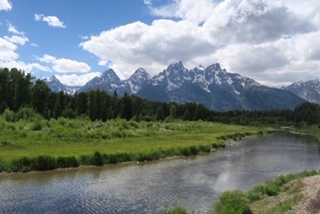

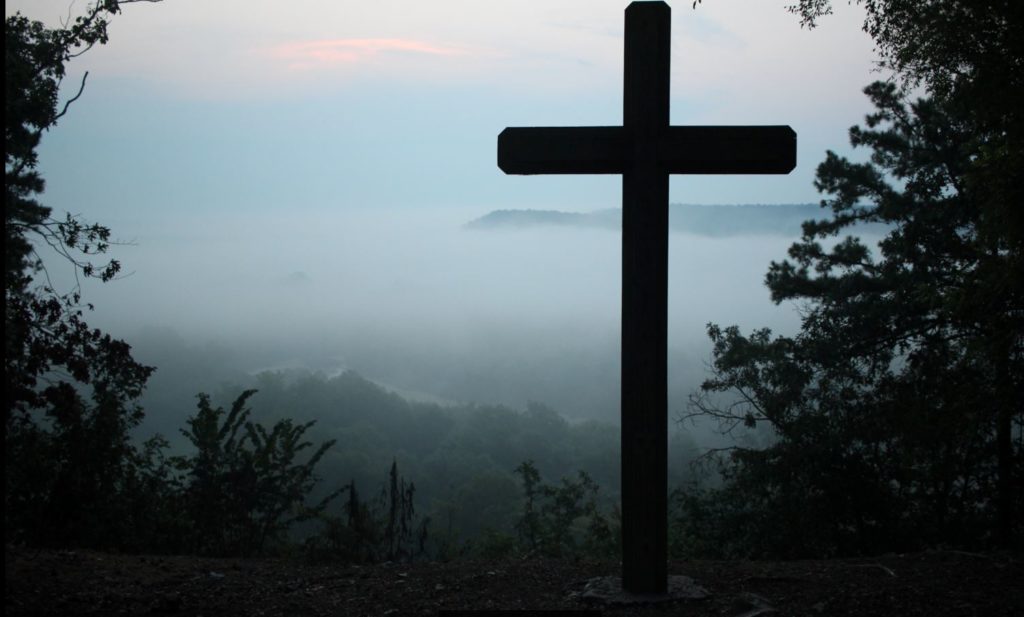



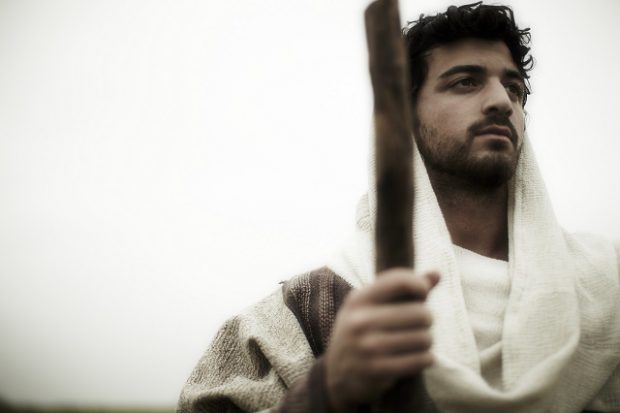
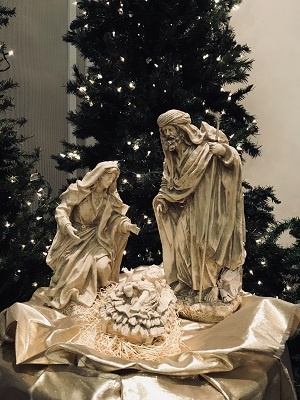
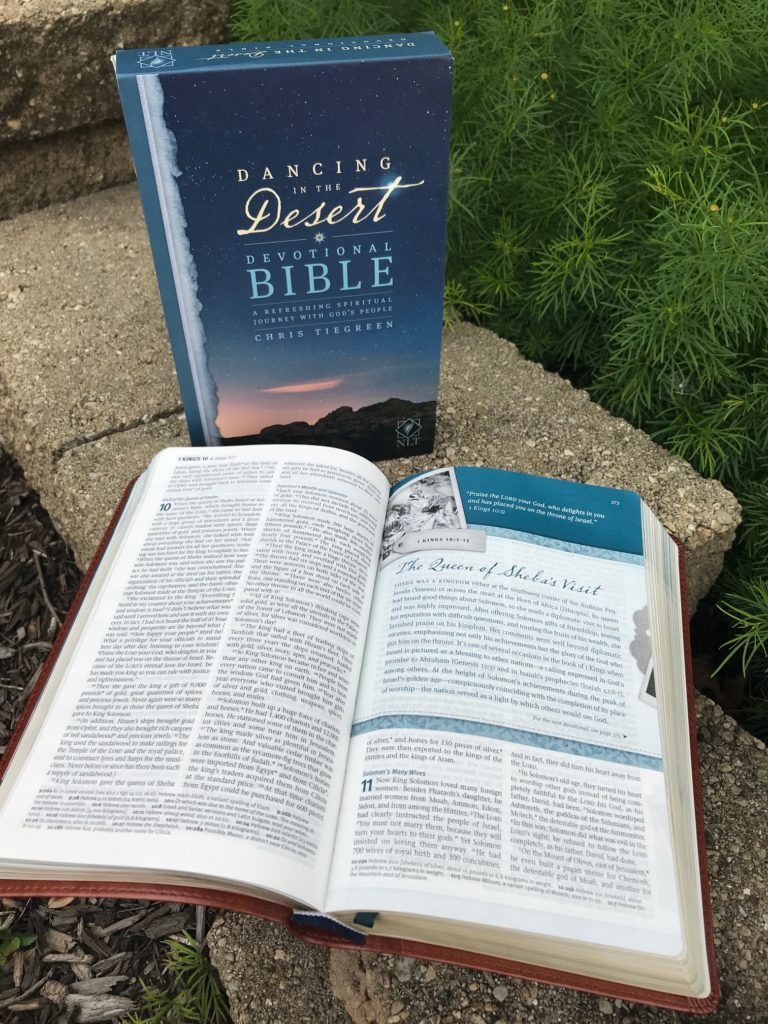

Recent Comments